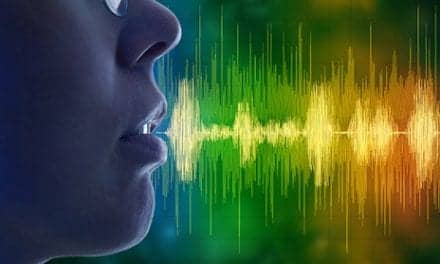Even though rehab training doesn’t change the neurological deficits resulting from a stroke, it can help patients learn new motor skills and achieve more independence in their daily lives, a recent study suggests.
Pablo Celnik, MD, director of the Department of Physical Medicine and Rehabilitation at Johns Hopkins, explains the finding more specifically, in a study published in Neurorehabilitation and Neural Repair.
“What we found is that physical rehab is not going to change the weakness caused by damaged brain cells in chronic patients, but it is going to change how well they can perform certain tasks, which can have a huge impact on a patient’s daily life,” Celnik says in a media release from Johns Hopkins Medicine.
The study included 10 chronic stroke patients with Fugi-Meyer Assessment (FMA) scores of >50 out of 66, categorized as having “mild to moderate” functional deficits; 10 patients with FMA scores of <50 out of 66, categorized as having “moderate to severe” impairment.; and 10 able-bodied participants who served as a control group.
All of the study participants were trained to control a simple video game using a using a robotic piece of equipment that held their dominant arm at 90 degrees from their bodies. This eliminated gravity as a burden for those whose arms were weakened by their strokes. The subjects were then taught to use the muscles around their elbow to move a cursor across a screen into small target windows, the release explains.
The participants were then asked to move the cursor through the windows in time with a metronome and completed nine blocks of 10 trials at various speeds—24, 30, 38, 45, 60, 80, 100, 110, and 120 beats per minute.
Next, the participants attended 30-minute training sessions for 4 consecutive days, during which time they were asked to complete five blocks of 30 trials, all at their own pace, and were encouraged to improve their speed and accuracy in each consecutive block. Following the training sessions, the participants’ skill levels were tested again in another skill assessment.
Results showed that while each group’s skill level improved by the end of the training, those with greater motor impairment still demonstrated less skill in both the pre- and post-training assessments. All participants reached a plateau in their improvement around experimental days 3 and 4.
However, the study showed that there was considerable overlap between the post-training performance of the stroke patients and the pre-training performance of groups with less impairment, the release continues.
“When you look at the data, the post-training mild-to-moderate group is indistinguishable from the pre-training control group. And the same was true for post-training scores of those in the moderate-to-severe group and the mild-to-moderate group,” says Robert Hardwick, PhD, postdoctoral fellow in the Department of Neurology at the Johns Hopkins University School of Medicine, in the release.
“This is good news for patients because it means that even when there is little likelihood of further neurological recovery, it means I can still teach them new tasks through training,” Celnik states in the release.
“What is important is to not create false expectations of neurological recovery, while at the same time being hopeful that patients can learn within the boundaries of their neurological deficit to improve their lives.”
[Source(s): Johns Hopkins Medicine, Science Daily]




